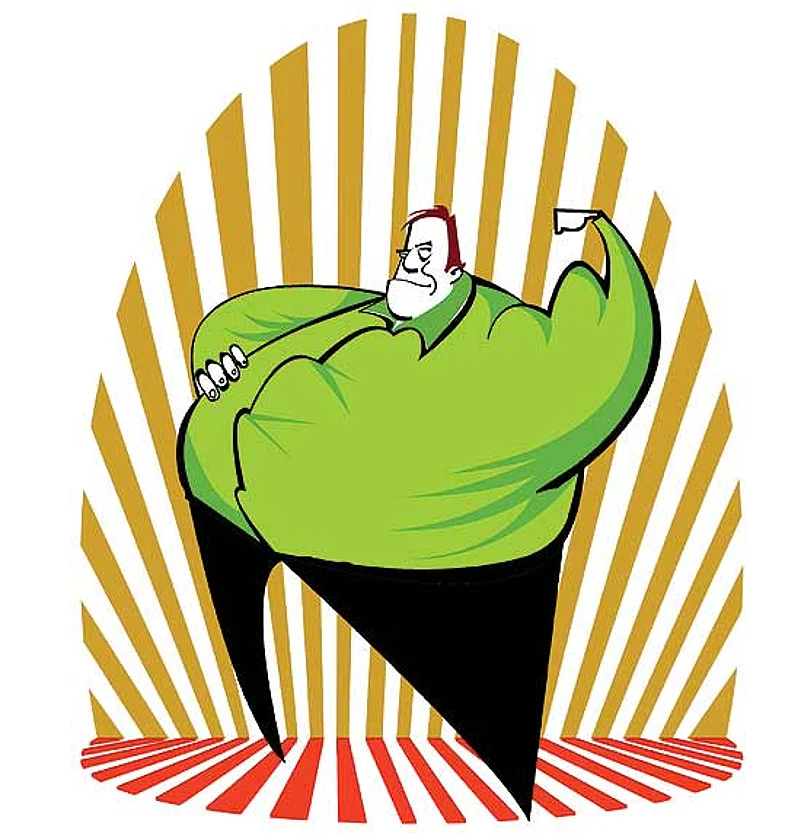“I am looking like an elephant!” If you have ever said that about yourself, know that it’s a compliment. Here’s why: being elephantine means being graceful, intelligent and super-strong. Sadly, we use it to mean ungainly and flabby. It’s a compliment for you to be like an elephant, but for the jumbo, it’s hardly as flattering. If you have heard of the strength-to-weight ratio, you will know what I mean. An elephant is huge and heavy, yes, but his body is not a burden for him. He can saunter in the jungle all day and has been used as a means of transport (seen those miniature paintings of the Mughals riding elephants on their way to shikar?). Elephants are mighty, strong and, hold your breath, fast.
Now, is the person you just called an ‘elephant’ all these things? Agile, fast and mighty? Chances are, he’s just fat and hence the column. A big size without strength, agility, speed is just plain ‘out of shape’ and doesn’t qualify to be called ‘like an elephant’. The elephant uses its heft to its advantage, whereas an out-of-shape person feels disadvantaged, if not handicapped, because of his body size. The body becomes a burden to him. Kinesiology, the science of human movement, talks about strength-to-weight ratio. Put simply, it means you should have the strength to carry your own body weight comfortably—climbing stairs, running to catch a bus/ flight, sitting, standing for hours or plain hanging around in heels at a party. Technically, if you can comfortably squat under a bar equivalent to your body in the gym, you have good strength-to-weight ratio.
If most of your weight comes from working tissue like bones and muscles, you don’t need to fear being ‘overweight’. This is why modern medical science is now opening up to measuring and evaluating your ‘risk potential’ based on your body fat percentage—it gives an insight into the strength-to-weight ratio. For the elephant, size is strength, not shame. There’s a lesson in that.
(Nutritionist Rujuta Diwekar’s latest book is called Women and the Weight Loss Tamasha.)


























